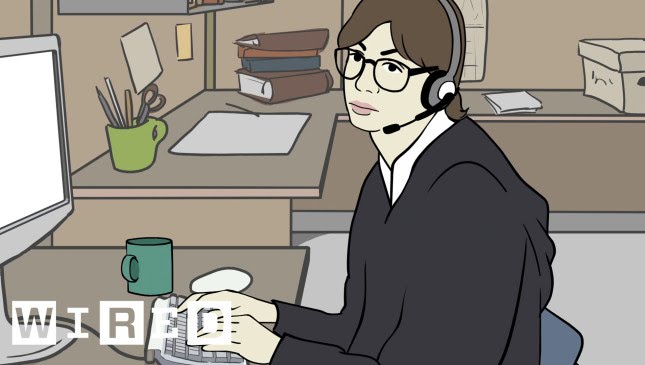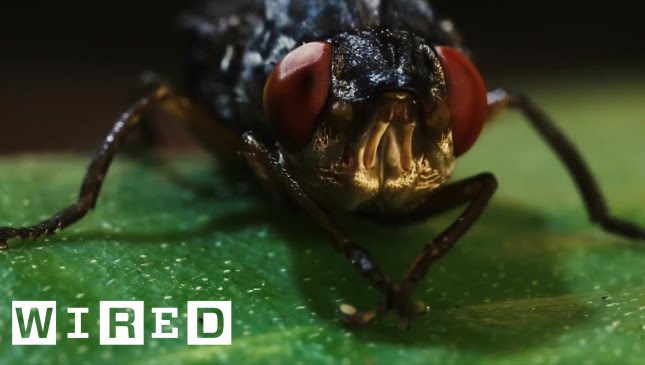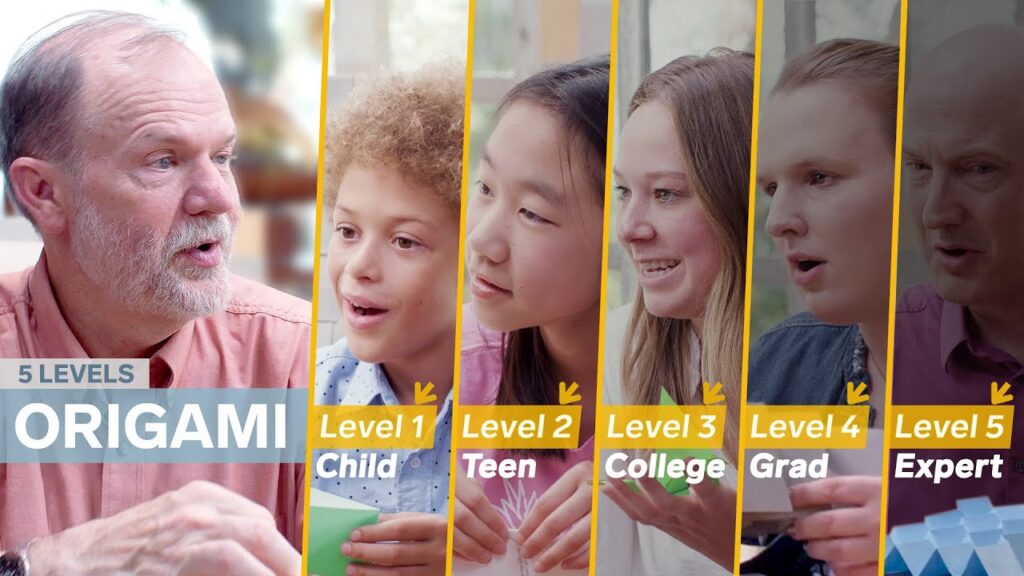Poison Control: Expert Advice on Toxicology and Poisoning
Summary
In this Q&A with Anne Chappel, a board-certified toxicologist on Poison Support, we explore different types of poisoning, their symptoms, and prevention methods. Anne shares advice on handling brown recluse spider bites, the dangers of ingesting poisonous substances, and the importance of seeking immediate medical attention in the event of suspected poisoning.
Table of Contents
- Brown Recluse Spiders and Poisoning
- Food Poisoning and Carbon Monoxide
- Vitamins and Antidotes
- Preventing Poisoning and Mushroom Foraging
- Conclusion
Introduction
Poisoning can happen to anyone, regardless of age, gender, or social status. It can be caused by ingesting or inhaling harmful substances or even being bitten by a spider. In this Q&A session with Anne Chappel, we delve into the different types of poisoning and their symptoms, learn about the dangers of ingesting poisonous substances, and explore preventative measures to keep us safe.
Q&A
Brown Recluse Spiders and Poisoning
Q: I was bitten by a brown recluse spider. What should I do?
A: If possible, keep the spider that bit you for identification purposes and seek medical attention right away. You can also call poison control for advice on what to do next. Avoid using home remedies or over-the-counter medications as they may worsen the symptoms.
Q: Can you explain more about the venom from the brown recluse spider?
A: The venom can cause a necrotizing wound which can be very painful and may require skin grafting in severe cases. However, not all bites from the brown recluse spider result in necrotic wounds. It is important to seek medical attention in case of any symptoms.
Food Poisoning and Carbon Monoxide
Q: What are some of the most common types of food poisoning and how can you avoid them?
A: Some of the most common types of food poisoning include salmonella, E. coli, and Norovirus. Symptoms usually appear between six to twelve hours after ingesting contaminated food. To avoid food poisoning, make sure to cook meat to a safe temperature, wash fruits and vegetables thoroughly, and keep raw meat separate from other foods.
Q: What makes carbon monoxide poisoning so dangerous?
A: Carbon monoxide is dangerous because it is odorless and tasteless, making it difficult to detect. Symptoms of carbon monoxide poisoning can include headaches, dizziness, and nausea, and in severe cases, it can lead to brain damage and death. To prevent carbon monoxide poisoning, make sure your home has a functioning carbon monoxide detector and ensure proper ventilation in enclosed spaces like garages.
Vitamins and Antidotes
Q: Can you overdose on vitamins?
A: Yes, you can overdose on vitamins, especially if taking supplements like iron in large amounts. This can be dangerous and may cause nausea, vomiting, and even death. It is important to follow the recommended dosage and consult with a medical professional before taking any supplements.
Q: What are some common antidotes used in cases of poisoning?
A: There are different types of antidotes used depending on the type of poison. Activated charcoal is a common antidote used to absorb toxicants in the digestive tract. Other antidotes include naloxone for opioid overdoses and atropine for nerve agent poisoning. It’s important to remember to always consult with poison control for guidance on what to do in case of suspected poisoning.
Preventing Poisoning and Mushroom Foraging
Q: What are some steps people can take to prevent poisoning from occurring?
A: To prevent poisoning, it’s important to properly store and label all chemicals and medicines, use caution when handling and disposing of hazardous waste, and educate children on the dangers of ingesting random substances.
Q: Is it safe to forage for mushrooms?
A: Foraging for mushrooms can be dangerous if one is not knowledgeable about identifying the different types of mushrooms. Eating a poisonous mushroom can lead to severe illness or even death. It is recommended to take courses on mushroom foraging or to consult with an expert before consuming any wild mushrooms.
Conclusion
Poisoning can be a scary and life-threatening situation. However, by taking preventative measures and seeking immediate medical attention in the event of suspected poisoning, we can minimize its risks. It’s important to remember that not all home remedies or over-the-counter medications are safe and to always consult with a medical professional or poison control for advice.







